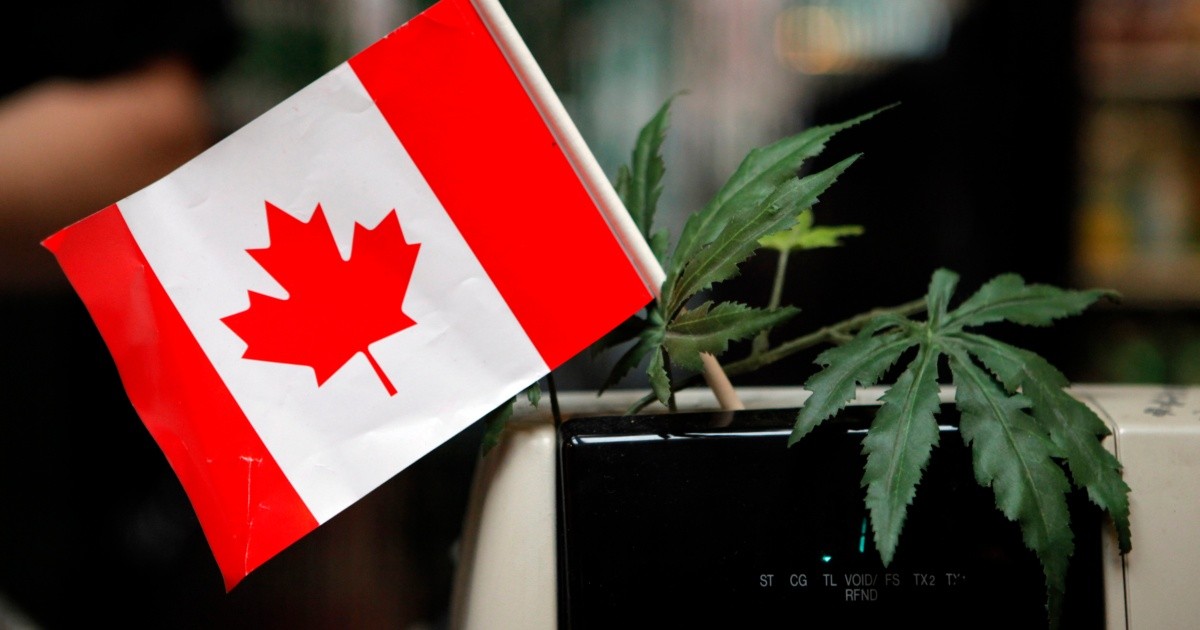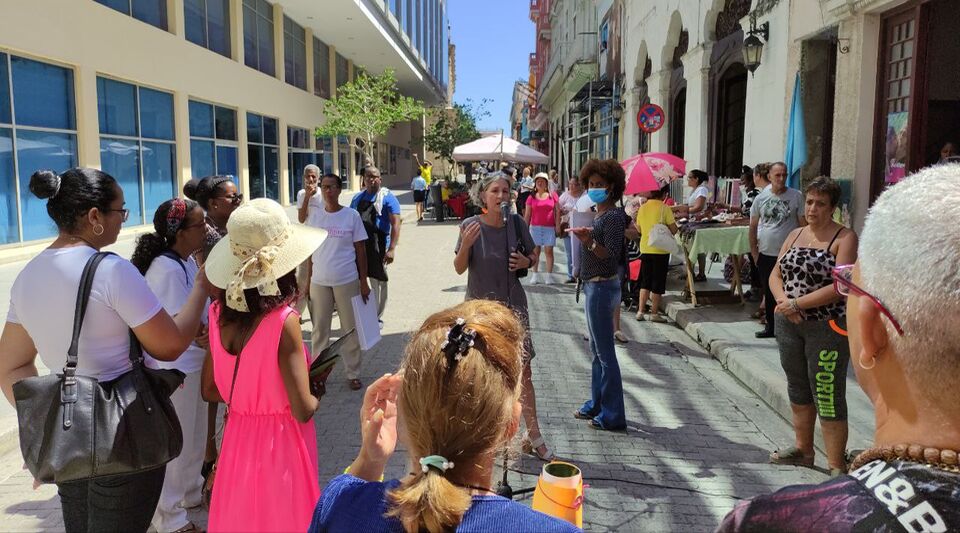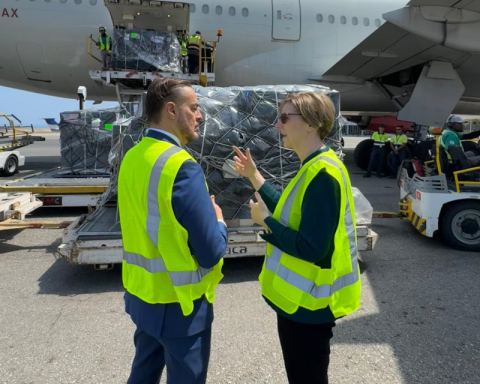Canada began a long-awaited review of its cannabis regulations on Thursday, four years after becoming the first major economy to legalize its recreational use.
A group of experts led by Morris Rosenberg, who was Deputy Minister of Justice, must measure the impact of legalization on young people, indigenous peoples and others, as well as on the economy and the illicit market that the new regime sought to displace.
The group will also examine the regulatory burdens on the industry and determine whether there is a need to maintain an independent framework for medical marijuanalegal since 2001, in order to facilitate access to patients.
The mandatory review, which is a year late due to the pandemic, is expected to last 18 months.
The industry has complained about what it calls exceptionally high taxes on cannabis, a glut of shops – licensed and unlicensed – and restrictions on advertising and marketing that have made it difficult to compete with the black market.
At a news conference, Health Minister Jean-Yves Duclos said that preliminary data this year showed that the 69% of the cannabis market has switched from illicit sources to legal and regulated providers.
The review, he said, will help the government “strengthen the (cannabis) law so that it meets the needs of all Canadians while continuing to displace the illicit market.”
Addictions Minister Carolyn Bennett said: “We knew that young people are at increased risk of harm from cannabis, such as mental health problems, including dependence and disorders related to anxiety and depression.”
Public awareness campaigns, he noted, have made “young people more aware of the harms of cannabis use,” but their level of use has not decreased since legalization, as expected, but has remained relatively stable.
According to government data, 25% of the population, about 9.5 million Canadians, used cannabis in 2021slightly less than the previous year.
They spent an average of C$69 (US$51) on weed per month.

















